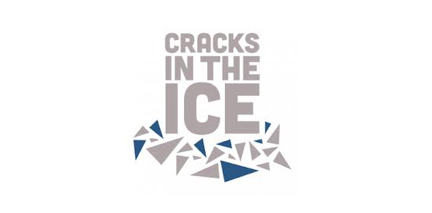Engaging our consortium partner, the National Centre for Education and Training on Addiction (NCETA) we developed a Workforce Development (WFD) strategy to provide a blueprint to enhance WFD among clinical researchers. The strategy is aligned with the National Alcohol and other Drug Workforce Development Strategy 2015-2018, other relevant policy initiatives, and NCCRED’s overall program of work.
Clinical researchers comprise workers of diverse backgrounds with different WFD needs. Some may have a clinical background and later attain research skills and qualifications. Others may be researchers who apply these skills to clinical areas of emerging drugs.
We see there are essentially two types of clinical researchers:
- Clinician researchers
- Those providing direct clinical services and are registered with the National Health Practitioner Regulation Agency, the National Alliance of Self-Regulating Health Professionals, or equivalent
- Clinician research collaborators, or clinician scholars, who have research training and are integrated into a training environment with a university designation
- Clinician associate researchers who can teach others to critically evaluate and integrate research into continuous practice improvement, collect/analyse data, supervise research and quality improvement projects, and participate in Practice-Based Research Networks
- Non-clinician clinical researchers
- Those with skills in qualitative or quantitative research




